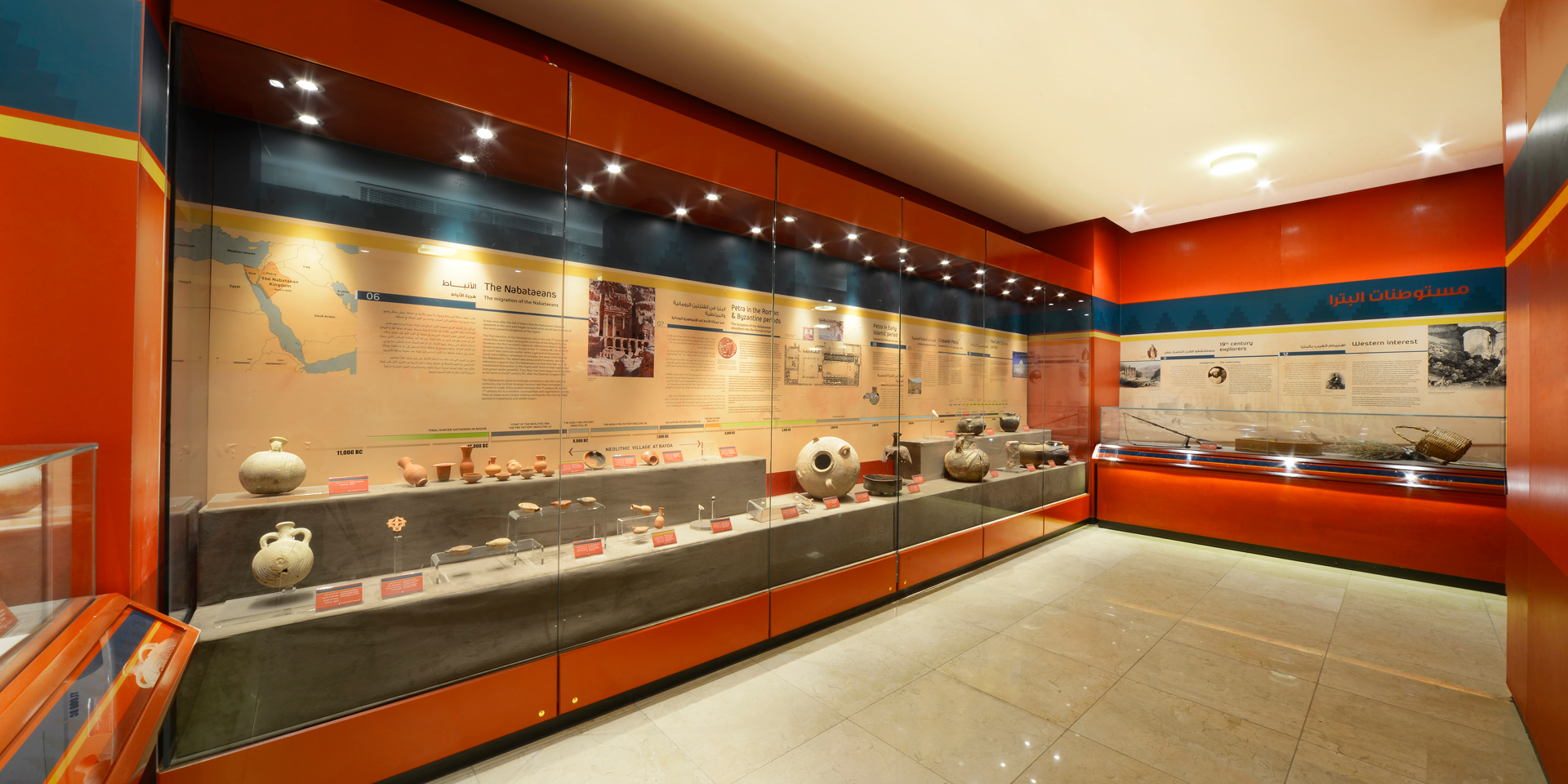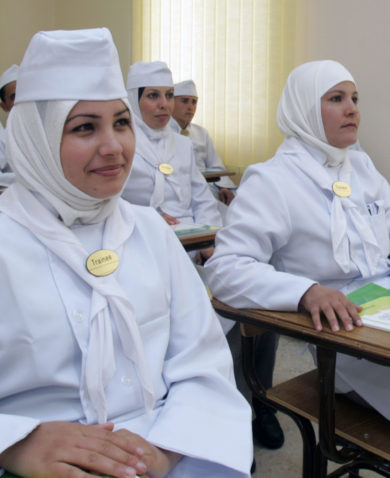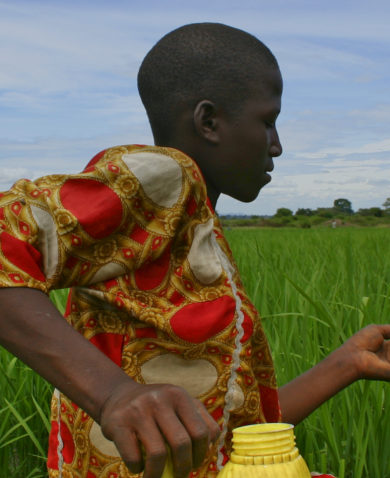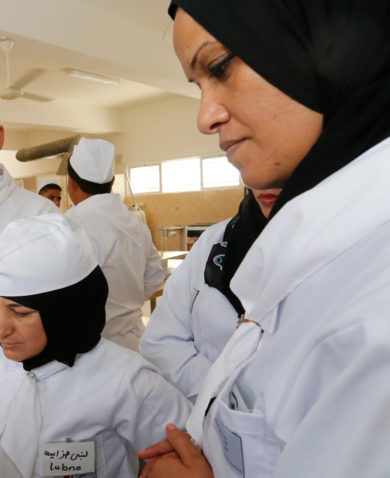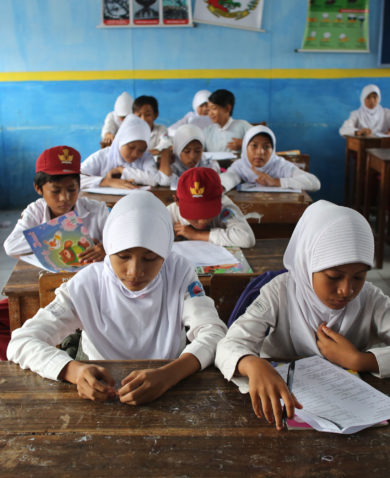The program’s partnership with Columbia Sportswear has been particularly successful. As part of its annual #Omniten brand ambassador program, Columbia chose Jordan as the destination prize for its Omniten Adventure Program contest for bloggers interested in outdoor activities.
The winners were rewarded with a 12-day tour of Jordan’s tourism sites, which was co-hosted by the program and the Jordan Tourism Board. A six-member film crew accompanied the bloggers, who captured their experiences in written, photographic, and video stories. All of these products came together into a documentary that Columbia Sportswear promoted in its stores. This media familiarization tour was an innovative way to promote Jordan’s tourism sites to a wider audience.
“The company developed a full one-hour video about the destination, which is still being shown in over 50 outlets around the world. In one year, that video generated over 50 million impressions,” said Amjad Sawalha, the destination marketing component leader for the Building Economic Sustainability through Tourism program. “That partnership helped position Jordan not just as a historical or cultural destination, but an exotic destination at the same time. That helped a lot.”
In addition to teaming up with Columbia Sportswear, the USAID program established a partnership with Turkish Airlines. The team approached the airline and suggested an expansion to Aqaba, Jordan, which had only been served by Royal Jordanian Airlines. Turkish Airlines agreed it would be beneficial to set up this alliance, and soon, the airline was sending three flights a week to Aqaba.
In this case, existing perceptions of the program’s partner also made a big difference: Turkish Airlines has been chosen as the top airline in Europe for the last four years and already had a strong reputation in the region.
As Mr. Sawalha explained, this reputation has helped plant the seed of assurance in the minds of would-be visitors to Jordan.
“They’re thinking, ‘Turkish Airlines, flying to Aqaba, well they wouldn’t fly if it wasn’t a safe destination,’” he said. “So that kind of unintentional or indirect link is provided through that opportunity.”
By providing those flights, Turkish Airlines has played an instrumental role in creating demand to fly into Jordan, reaching audiences in surrounding regions who may have not considered flying into the country. In doing so, the airline has demonstrated commercial confidence in Jordan’s stability and allure as a tourism destination.
These efforts are far from finished. But the example of Jordan illustrates how government programming and public-private partnerships can go a long way in changing perceptions of people around the world — with a noticeable economic and social impact on tourists and the country itself.
“People want perfect vacations that tickle their senses,” Mr. Osta said. “Perceptions are important, and the key challenge therefore is the perception of the country. If perception is that it’s not a safe country, then people won’t come. That’s what we’re dealing with now. And that’s why there’s a particular effort paid to enhancing the country’s image.”

